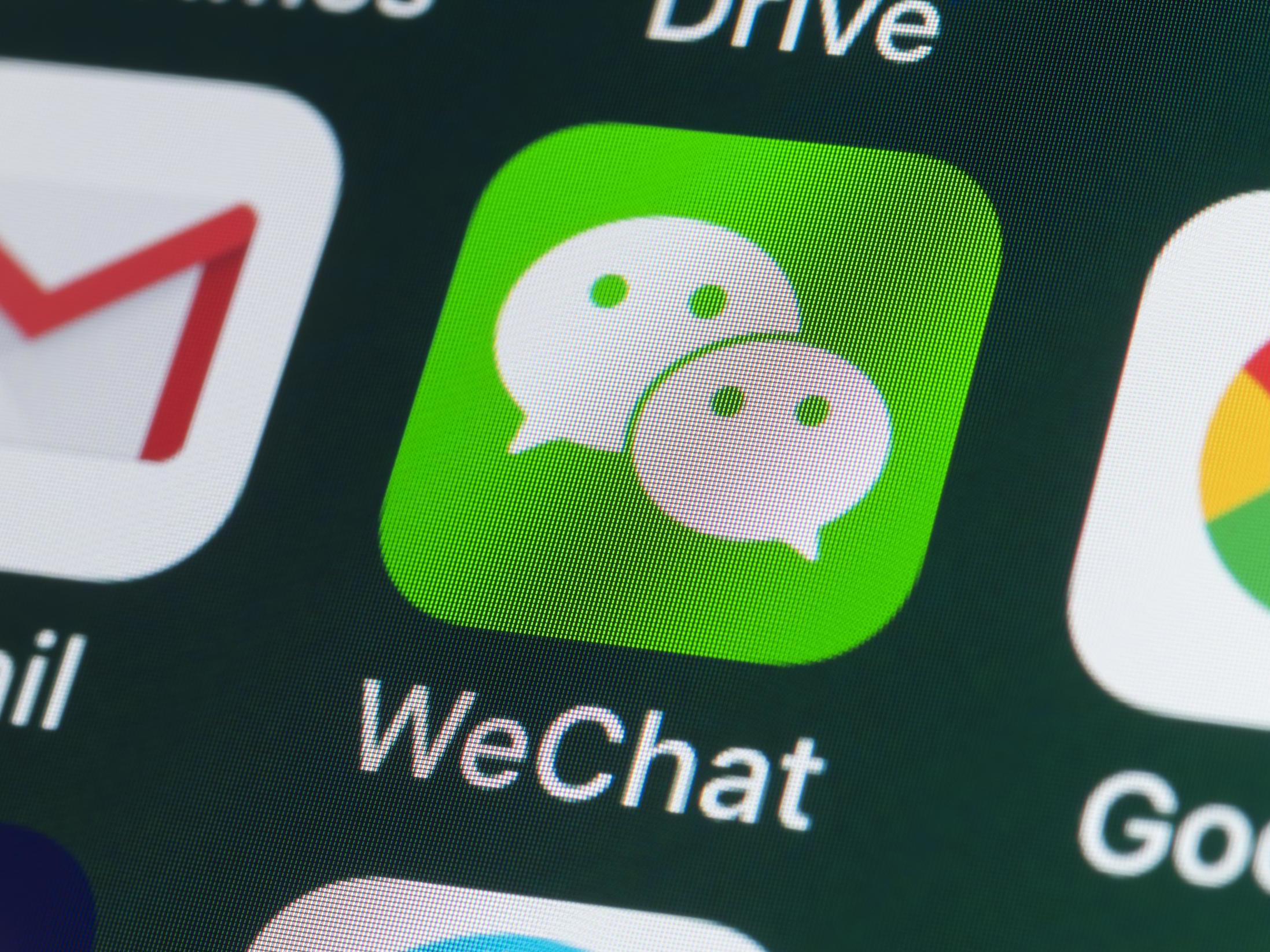Coronavirus discussion was banned online as disease began to spread in China, report claims
A number of words related to disease were added to blacklists

Your support helps us to tell the story
From reproductive rights to climate change to Big Tech, The Independent is on the ground when the story is developing. Whether it's investigating the financials of Elon Musk's pro-Trump PAC or producing our latest documentary, 'The A Word', which shines a light on the American women fighting for reproductive rights, we know how important it is to parse out the facts from the messaging.
At such a critical moment in US history, we need reporters on the ground. Your donation allows us to keep sending journalists to speak to both sides of the story.
The Independent is trusted by Americans across the entire political spectrum. And unlike many other quality news outlets, we choose not to lock Americans out of our reporting and analysis with paywalls. We believe quality journalism should be available to everyone, paid for by those who can afford it.
Your support makes all the difference.Chinese social media sites stopped users from talking about coronavirus as it began to spread, a report has claimed.
Platforms censored references to the disease and related keywords such as "Wuhan Unknown Pneumonia", as it was sometimes referred to as it began to spread in China.
It meant that users of apps such as Tencent's WeChat and JOYY's YY video streaming app were unable to talk about the spread of the disease, wrote Toronto-based cyber research group Citizen Labin a new report. It also stopped people from criticising Chinese officials and policies related to the virus.
Citizen Lab said the findings, gathered between December and February, suggest that companies "received official guidance" on how to manage virus content in the early stages of the outbreak, which expanded throughout the testing period.
Blocked terms also included non-critical phrases related to public health and local rules, including "travel ban" and "people-to-people transmission".
Tencent and YY did not immediately respond to requests for comment on Tuesday.
Chinese social media companies are subject to strict laws requiring them to censor content that "undermines social stability" or is critical of the central government, controls that have tightened under Xi.
The Cyberspace Administration of China, which oversees online content laws, did not respond to a request for comment on Tuesday.
China's censorship policies have come under scrutiny since the virus outbreak amid allegations from netizens and local media that they potentially obscured the seriousness of the outbreak in its early stages.
The report said YY added 45 key phrases to an internal blacklist, including "Wuhan Unknown Pneumonia" and "Wuhan Seafood Market" on Dec 31, a day after eight people, including doctor Li Wenliang, raised an alarm about the virus in a WeChat group and were subsequently punished by police for "spreading rumours."
Li died of the virus in early February, sparking a wave of public mourning and fierce criticism of local officials online.
The Citizen Lab report said keywords relating to Li were censored after his death in February, including combinations of the words "virus", "Li Wenliang", "central government", and "epidemic."
It said said the group was able to collect a full list of newly-added blacklisted words from YY during the period, and a sample from WeChat based on attempted keywords and combinations.
Censorship rules are strictly enforced in China, and internet companies have faced service suspensions and fines in the past for failure to fully comply with them.
Additional reporting by Reuters
Join our commenting forum
Join thought-provoking conversations, follow other Independent readers and see their replies
Comments